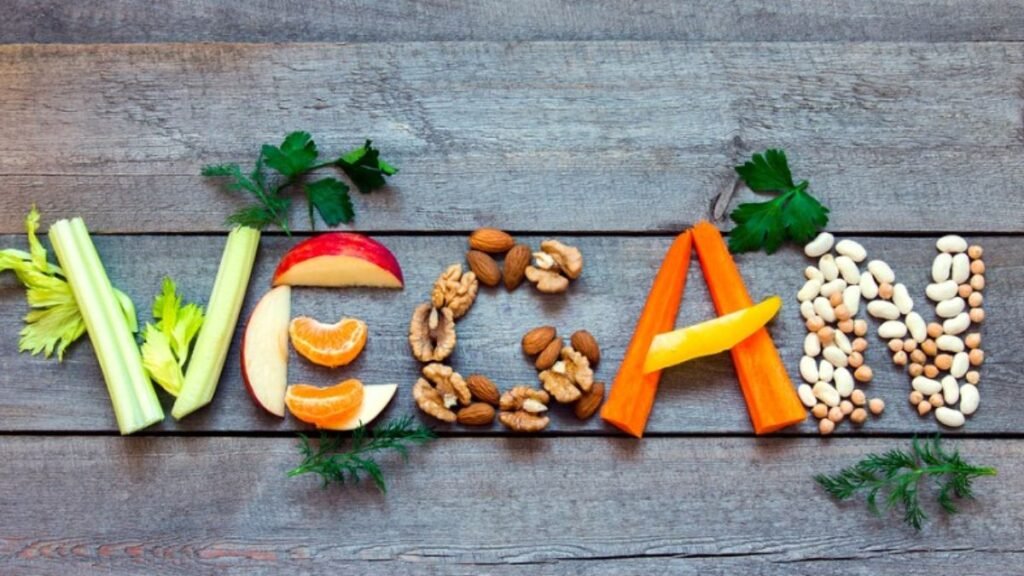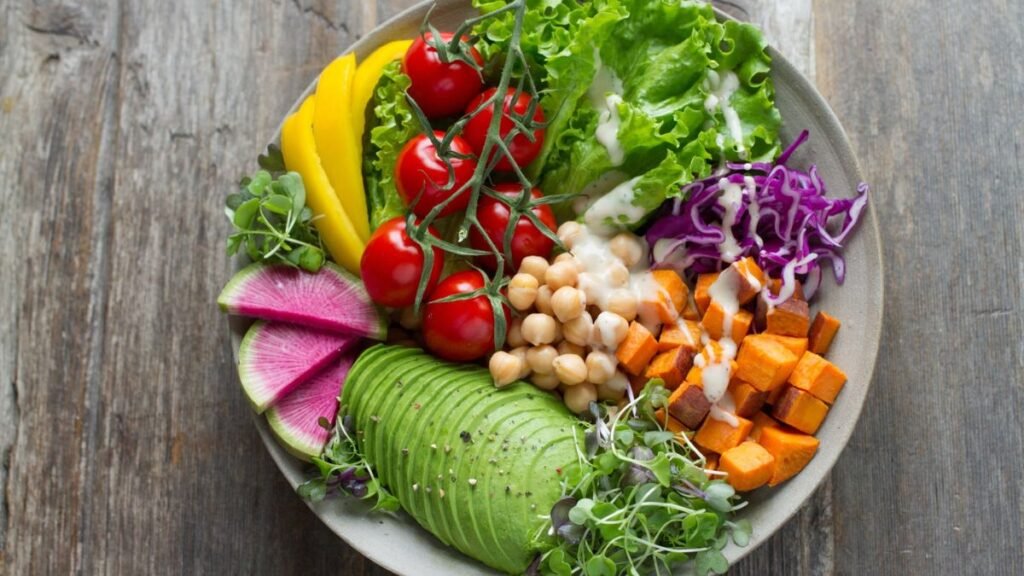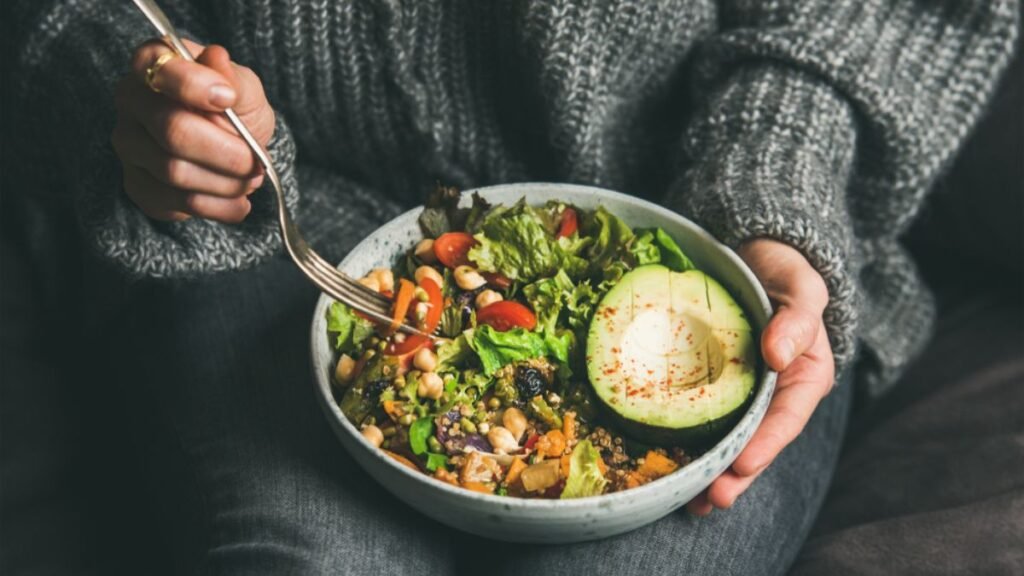Vegan | Veganism | Vegan Diet 10 Amazing Pros and Cons
A vegan diet is more than simply a “plant-based” diet
Veganism is the practice of abstaining from the use of animal products, particularly in diet, and an associated philosophy that rejects the commodity status of animals. A follower of the diet or the philosophy is known as a vegan. Distinctions may be made between several categories of veganism. Dietary vegans (or strict vegetarians) refrain from consuming animal products, not only meat but also eggs, dairy products and other animal-derived substances.

The term ethical vegan is often applied to those who not only follow a vegan diet but extend the philosophy into other areas of their lives, and oppose the use of animals for any purpose. Another term is environmental veganism, which refers to the avoidance of animal products on the premise that the industrial farming of animals is environmentally damaging and unsustainable.
Pros of Vegan Diet
- Low Risk of Heart Disease: Numerous studies have linked vegan diets to a lower risk of heart disease, a leading cause of death in the United States. This could be due to the fact that vegan diets are usually high in fiber, antioxidants and beneficial plant compounds, which may help protect against heart disease.
- Improved Kidney Function: A vegan diet may also improve kidney function. One study in people with chronic kidney disease found that a vegan diet improved kidney function more than a diet that included meat.
- Lower Risk of Type 2 Diabetes: Studies have shown that vegan diets may be effective in treating and preventing type 2 diabetes.
- May Help with Weight Loss: Several studies have found that vegan diets may be more effective for weight loss than diets that include meat.
- Reduced Risk of Certain Cancers: Several studies have linked vegan diets to a reduced risk of certain types of cancer, including colon and prostate cancer.
- Lower Risk of Osteoporosis: Osteoporosis is a bone disease that is caused by the loss of bone density. Studies have shown that vegan diets may be protective against this condition.
- May Help with Rheumatoid Arthritis: Rheumatoid arthritis is an autoimmune disorder that causes joint pain and inflammation. Studies have found that vegan diets may be beneficial for people with this condition.
- Improved Digestive Health: A vegan diet is high in fiber, which is important for digestive health. Fiber helps keep your digestive system running smoothly and can help reduce constipation.
- Reduced Risk of Alzheimer’s Disease: Studies have linked vegan diets to a reduced risk of Alzheimer’s disease.
- Improved Skin Health: Several studies have found that vegan diets may improve skin health, including reducing acne.

Cons of Vegan Diet
- Vitamin B12 Deficiency: Vitamin B12 is only found in animal products, so vegans may be at risk of deficiency if they don’t supplement with it.
- Difficult to Follow: A vegan diet can be difficult to follow, especially in social situations.
- May Increase Risk of Iron Deficiency: Vegans may be at risk of iron deficiency, as plant-based sources of iron are not as bioavailable as those found in animal products.
- May Increase Risk of Calcium Deficiency: Vegans may also be at risk of calcium deficiency due to the lack of dairy products in their diet.
- May Increase Risk of Zinc Deficiency: Vegans may also be at risk of zinc deficiency due to the lack of zinc-rich animal products in their diet.
- May Increase Risk of Vitamin D Deficiency: Vitamin D is found primarily in animal products, so vegans may be at risk of deficiency unless they supplement with it.
- Difficult to get Enough Protein: It can be difficult for vegans to get enough protein from plant sources, so supplementation may be necessary.
- Can be Expensive: A vegan diet can be expensive due to the fact that many plant-based meats and other vegan products can be costly.
- May Have Low Energy Intake: Vegans may have lower energy intakes due to the lack of animal products in their diet.
- Difficult to Follow During Pregnancy: It can be difficult for pregnant women to follow a vegan diet due to potential nutrient deficiencies.

What is best?
So, what is the best option? Ultimately, the best diet is one that works for you and meets your individual needs. For some people, veganism is a great option, as it can provide many health benefits. However, it can be difficult to follow and may be associated with some nutritional deficiencies. For others, a vegetarian or pescatarian diet may be a better choice. Ultimately, it’s important to do what’s best for you and your health.
In conclusion, veganism is a popular dietary choice, but it’s not for everyone. It can offer many health benefits, but it can also be difficult to follow and may be associated with some nutritional deficiencies. Therefore, it’s important to do your research and make an informed decision that’s best for you and your health.
Watch More About Vegan Diet

